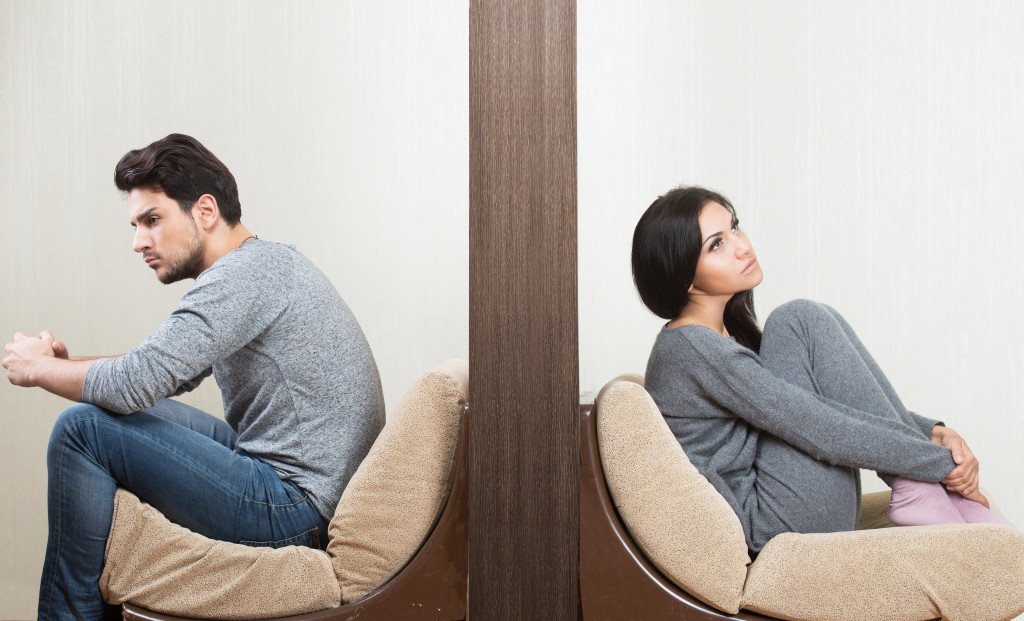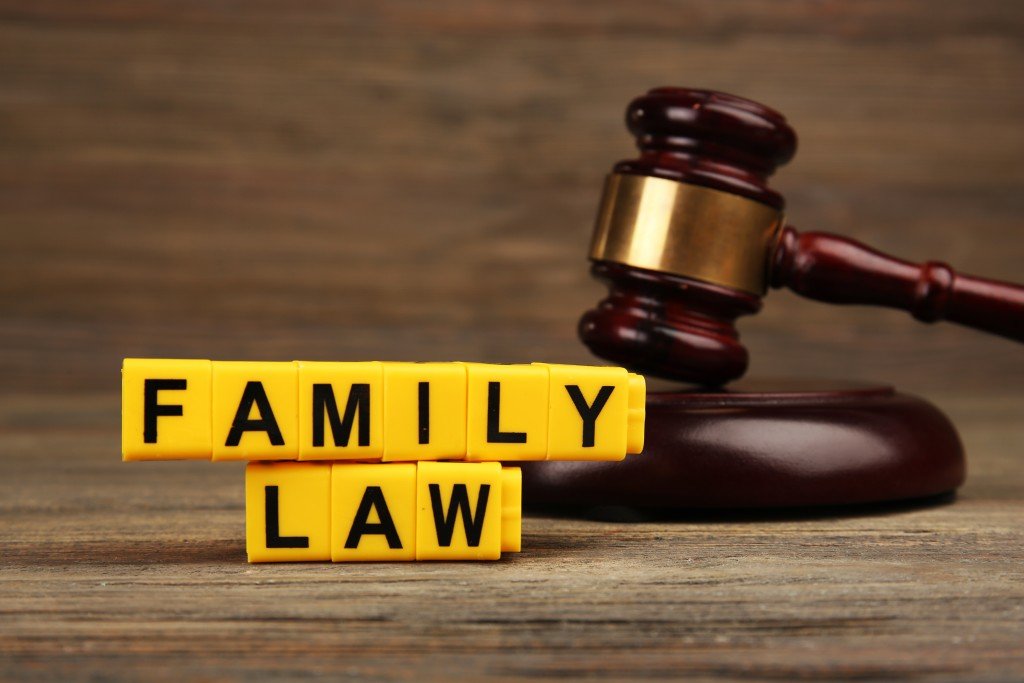If you have seen Noah Baumbach’s latest film, Marriage Story, then you might have an idea of how nuanced child custody cases for American fathers can be. The film’s male protagonist, Charlie, had to face unforeseen injustices including sacrificing major career opportunities to attend hearings and even paying for his wife’s lawyer.
In the end, the divorcees agreed to a split and joint custody, but the child still gets to stay with his mom in Los Angeles. This prompted Charlie to leave his thriving career in New York and get a job in California.
In reality, many fathers often fear a similar bias or discrimination when facing child custody and support cases. A responsible father who wishes to remain present in his child’s life should have that right regardless of his relationship with the mother. Children deserve to spend time with both of their parents equally unless one parent is proven unfit or guilty of violence or abuse.
The Father Absence Crisis
According to the U.S. Census Bureau, 19.7 million children, more than 1 in 4, live without a father in the home. Research shows that children raised in a fatherless home are more likely to have psychological and behavioral problems.
As a result, many organizations were formed to reinforce the father’s influence and role in the family. The Father’s Rights Movement, for example, empowers fathers whose shared parenting was being frustrated by family courts. Many of its members wish to co-parent their kids either after divorce or as unwed fathers.
Traditional Gender Roles

The belief that the system discriminates against fathers can be seen as less about custody and more about a court’s twisted view of gender roles.
The battle for full child custody used to be easier for mothers thanks to the Tender Years doctrine. It is based on the idea that mothers have superior nurturing abilities and therefore, must be granted full custody.
This mandate dangerously assumed gender stereotypes and fixed roles within the family. It promoted how fathers are incapable of providing emotional care and at the same time, how mothers cannot be financially responsible. These outdated roles were even seen to be root causes of discrimination and domestic violence.
Collaborative Parenting
Thankfully, recent years have shown modern couples and lawmakers alike supporting co-parenting after divorce.
Legislatures in more than 20 states have considered bills that encourage joint parenting or even make it a legal presumption. Most of the proposals encourage judges to champion custody schedules that provide each parent with as much parenting time as possible.
Kentucky, for example, passed a law to make joint physical custody and equal parenting time the norm for temporary orders while a divorce is still in the works. Similarly, lawmakers in Michigan, are working on a solution that would make equal parenting time the primary basis for custody decisions. For custody court filings in New York, judges are required to allow equal parenting time unless such an arrangement is proven to be detrimental to the child’s best interest.
While more courts are adopting progressive beliefs towards divorce and child-rearing, both mothers and fathers should remain critical of their custody battle. Biases and prejudices do not easily fade away and they vary with each judge. At the end of the day, every parent must also put their personal biases aside and rightfully fight for their child’s health, happiness, and security.
